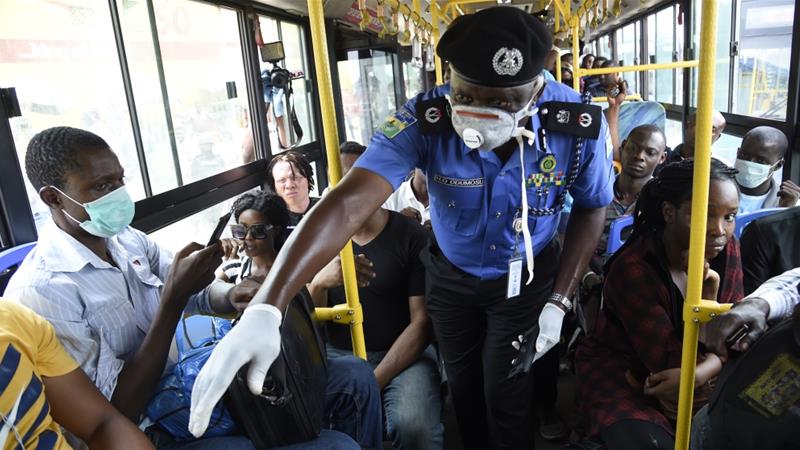×
The Standard e-Paper
Join Thousands Daily

Across Africa at least 32 per cent of the population do not have enough information about Coronavirus including how it spreads and how to protect themselves.
According to a joint report released by Partnership for Evidence Based Response to Covid-19 (PERC) that cuts across 20 AU member states, 62 per cent of the population believe that Covid-19 will have a major impact on their country but only 44 per cent believe it is a threat to them personally.